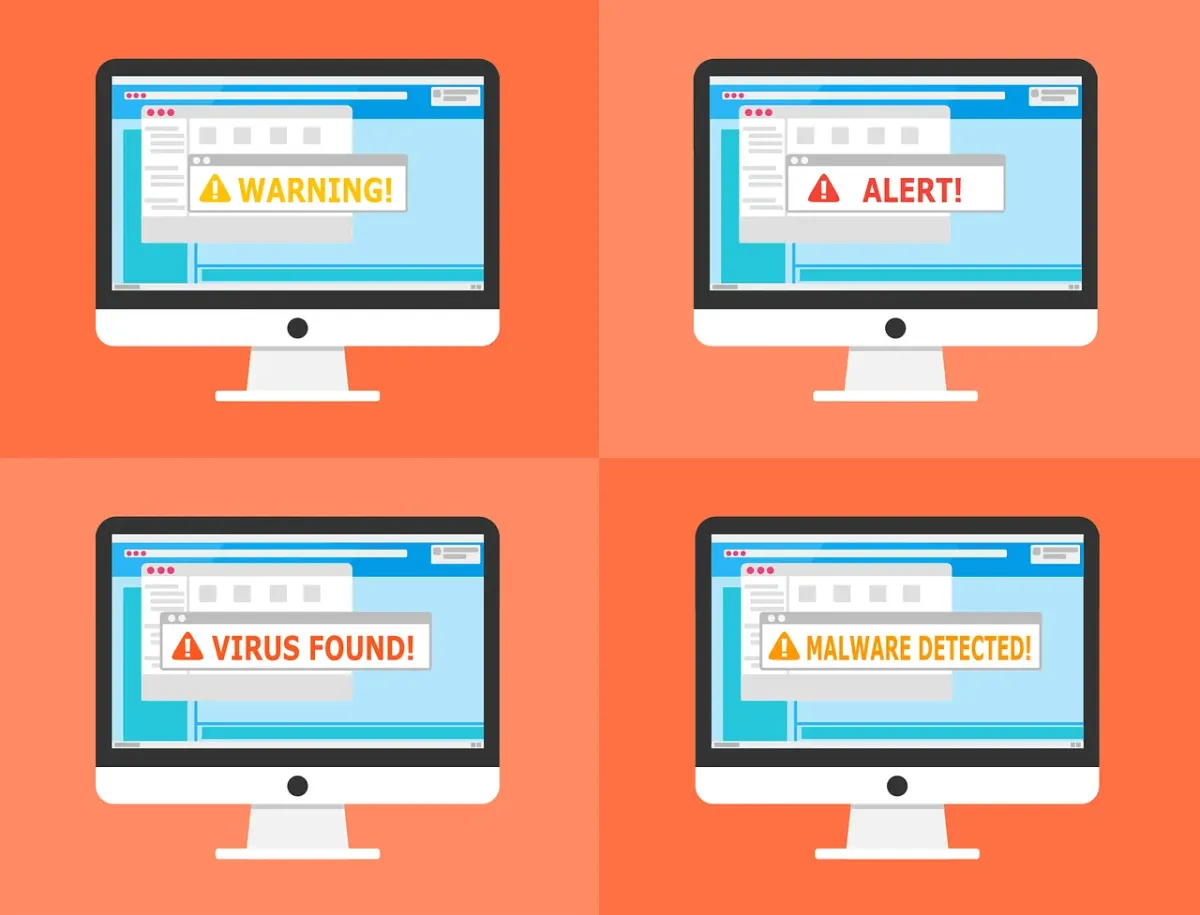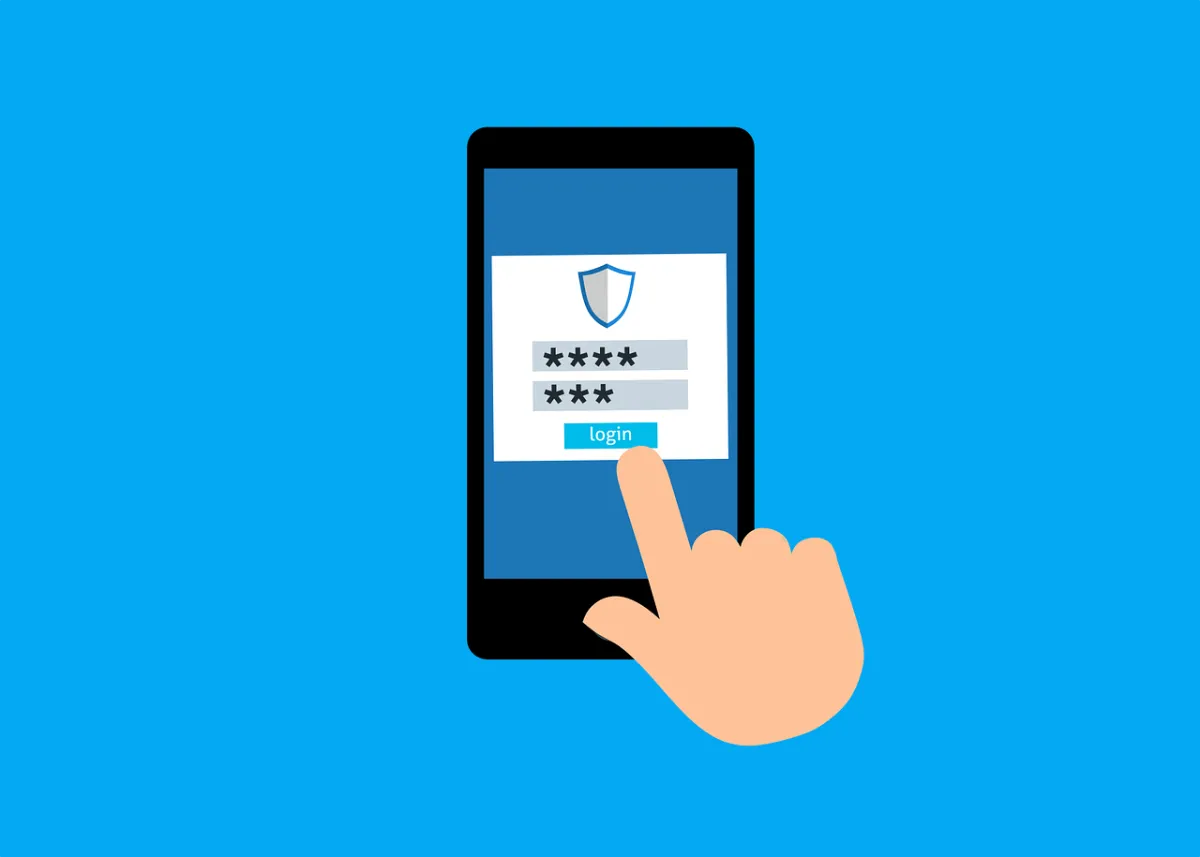
Crossover IT
Newsletter
Crossover IT Newsletter delivers the latest tech trends, insights, and practical tips, helping IT pros and enthusiasts stay ahead and sharpen their skills in a rapidly evolving digital world.

Recent Blog Posts

Event Logging Best Practices
Today’s businesses are no stranger to the word cybersecurity. They are facing a growing wave of cyberattacks. These come from ransomware to sophisticated phishing schemes. How do you stand ahead of these threats? A strong cybersecurity strategy is essential. One crucial component of this strategy is event logging. It’s one that not every business owner is aware of.
Google Search Malvertising
There are many types of malware. One of the most common is called “malvertising.” It crops up everywhere. Including social media sites and websites. You can also see these malicious ads on Google searches.
Two things are making malvertising even more dangerous. One is that hackers use AI to make it very believable. The other is that it’s on the rise, according to Malwarebytes. In the fall of 2023,
malvertising increased by 42% (month over month)
.


Embrace Cashless Evolution
Discover the essential tech tools that can help micro and small businesses streamline operations, improve customer engagement, and scale sustainably. From cloud solutions to CRM platforms, this guide breaks down affordable and scalable options for every MSB.
Data Breach Notice
When it happens, you feel powerless. You get an email or letter from a business saying someone breached your data. It happens all too often today.
Data breaches happen at banks, online sites like Facebook, and ecommerce stores. Not only that, but governments are also victims. This leaves things like your address, SSN, and credit card details exposed to thieves.
A business getting hacked is something you have little control over. But you can take important steps afterwards. We’ve outlined the most important things to do below. These steps can help you mitigate the financial losses.

Read more from our Blogs

What Is Password Spraying
What Is Password Spraying
Cyberattacks aren’t always complex. In many cases, hackers succeed simply because users reuse weak passwords. One of the most effective techniques for exploiting this? Password spraying.
Unlike traditional brute-force attacks that hammer away at a single account, password spraying takes a more subtle approach—and that’s exactly what makes it dangerous. For small to medium businesses (SMBs) in Newcastle, understanding how password spraying works is essential. At Crossover IT, we help local businesses detect and prevent these attacks before they cause damage.
What Is Password Spraying?
Password spraying is a type of brute-force attack, but with a twist. Instead of trying hundreds of passwords against one account (which usually triggers lockouts), hackers try one commonly used password across many accounts. This way, they avoid detection and increase their chances of a successful login.
Here’s how it typically works:
Attackers use a list of usernames, often sourced from public data breaches.
They attempt a single weak password—like “Winter2024!”—across every account.
The process is automated and spread out to avoid raising red flags.
This method exploits poor password habits and often flies under the radar of traditional security systems.
How Is Password Spraying Different from Other Attacks?
Let’s break it down:
Traditional Brute-Force Attacks
Focus on one account and try many password combinations. Easy to spot, easy to block.
Credential Stuffing
Uses real username-password pairs leaked in past breaches. Relies on people reusing passwords across services.
Password Spraying
Tries one password across many accounts. It’s low and slow—deliberate enough to evade account lockouts and detection systems.
This tactic is now being used not just by independent hackers, but by organized cybercriminals and even state-sponsored attackers.
How to Detect and Prevent Password Spraying
Stopping these attacks requires more than just complex passwords. Here's what we recommend:
1. Enforce Strong Password Policies
Require long, complex passwords (12+ characters, mix of symbols, numbers, and cases).
Prohibit common passwords like “Welcome123” or “Company2023.”
Use a password manager to help your team create and store secure logins.
2. Enable Multi-Factor Authentication (MFA)
Even if a password is guessed, MFA adds a second step that blocks unauthorized access. For SMBs in Newcastle, this is one of the easiest and most effective ways to shut down password spraying.
3. Monitor Login Patterns
Look for:
Failed login attempts spread across multiple accounts
Logins from unfamiliar IPs or geographic regions
Repeated attempts at off-hours
A good MSP can help you set up this kind of behavioral monitoring.
4. Regular Security Audits
Review login logs and access controls regularly. If you spot trends—like repeated failed logins with a specific password—it could indicate a spraying attempt.
Go Beyond the Basics: Strengthening Your Security
In addition to the essentials above, here are a few extra steps:
Configure Login Detection
Set alerts for multiple failed login attempts from the same IP, especially across different accounts. This helps identify slow, stealthy attacks.
Train Your Team
Human error remains one of the biggest risks. Educate staff on good password practices and phishing awareness.
Have an Incident Response Plan
If an attack gets through, you need a plan:
Alert affected users
Force password resets
Audit access logs
Notify your MSP or IT provider
Don’t Wait for a Breach
Password spraying is easy for attackers—and devastating for businesses caught unprepared. But with the right systems and habits in place, it’s also highly preventable.
At Crossover IT, we help small to medium businesses in Newcastle protect their accounts with layered security, real-time monitoring, and staff training. As your local MSP, we’re ready to help you stay one step ahead of cyber threats.
Need help protecting your business from password spraying and other attacks?
Contact Crossover IT — your trusted MSP for SMBs in Newcastle — for practical cybersecurity solutions that keep your business safe.

Innovation
Fresh, creative solutions.

Integrity
Honesty and transparency.

Excellence
Top-notch services.

FOLLOW US
COMPANY
CUSTOMER CARE
LEGAL
Copyright © 2024. CROSSOVERIT. All Rights Reserved. Newcastle, Australia.